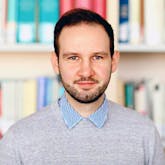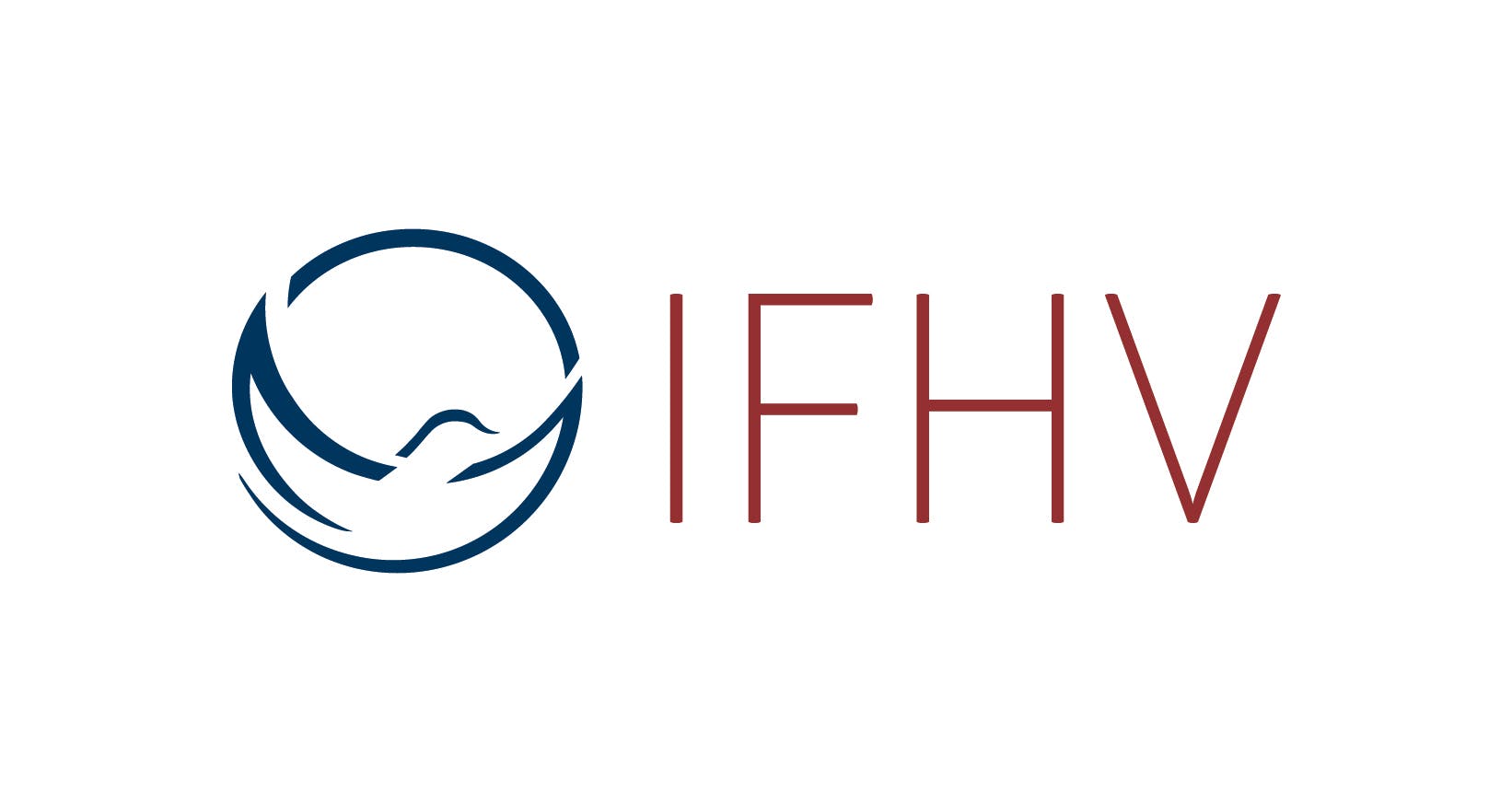Exchange on Introducing and Implementing Anticipatory Humanitarian Action - Status Quo, Challenges and Best Practices
Fully booked
The introduction and implementation of anticipatory humanitarian action is associated with major challenges, especially for smaller and medium-sized NGOs. Their working conditions might differ considerably from those actors who are currently already achieving positive results with the approach as "champions", for example within the Red Cross/Red Crescent movement or the UN cosmos. This two-day exchange workshop is therefore aimed precisely at this target group and focuses on the specific prerequisites of small and medium-sized NGOs. It will provide you with a platform to exchange with staff from other humanitarian NGOs about the status quo, best practices and challenges in establishing and implementing anticipatory humanitarian action in your respective organizations. The workshop will include a brief introduction to components, concepts, and processes that cover anticipatory humanitarian action. You will then be invited to present and discuss your own experiences and work on various questions in small groups. The goal is to develop concrete strategic steps to address the identified challenges.
The workshop is planned as a face-to-face event on October 11 and 12, 2022 in Bochum, Germany. The sessions will include regular breaks.
You will learn
what the basic components, concepts and processes of anticipatory humanitarian response are
what practical challenges and best practices are involved in establishing and implementing anticipatory humanitarian action
which approach and (common) problems can be identified between different organizations
which strategies are appropriate to address the key challenges of launching and implementing anticipatory humanitarian action
Target group
- Staff of humanitarian NGOs with focus on project planning, design and management
- Program directors and managers
- Practitioners in the fields of anticipatory humanitarian action and disaster risk reduction
- Participants of previous trainings on the topic of anticipatory humanitarian action at aha
Schedule
Welcome and Introduction
Introduction: What is Anticipatory Humanitarian Action and what are its Advantages?
Presentation and discussion
Coffee Break
Status Quo and Challenges in the Introduction and Implementation of Anticipatory Action (Part 1)
Input and presentation of case studies by the participants
Lunch Break
Status Quo and Challenges in the Introduction and Implementation of Anticipatory Action (Part 2)
Continuation of participants' inputs
Coffee Break
Funding of Anticipatory Action by the German Federal Foreign Office
Input by and exchange with a representative of the German Federal Foreign Office on financing anticipatory action.
Introduction to Group Work
Introduction and identification of focus areas that were highlightened in the participants' presetation and discussions.
From Common Challenges to Steps for Overcoming them (Part 1)
Work in small thematic groups on exchange and collection of best practice examples with regard to the selected topics
Spotlight Feedback and Outlook
Dr. Katrin Radtke
Lecturer

Dr. Katrin Radtke is a Senior Researcher and Professional Training and Liaison Officer at the Institute for International Law of Peace and Armed Conflict (IFHV) and Academic Director of the academy for humanitarian action (aha).
Sören Schneider
Lecturer

Sören Schneider is a research associate at IFHV and program manager at the academy for humanitarian action (aha). At the aha, he coordinates a training and certificate program in the field of "anticipatory humanitarian action." He also does research on refugee, conflict and humanitarian emergencies.
11.10.2022 - 12.10.2022
13 hours of training
Location
 This training is organized by the Institute for International Law of Peace and Armed Conflict.
This training is organized by the Institute for International Law of Peace and Armed Conflict.